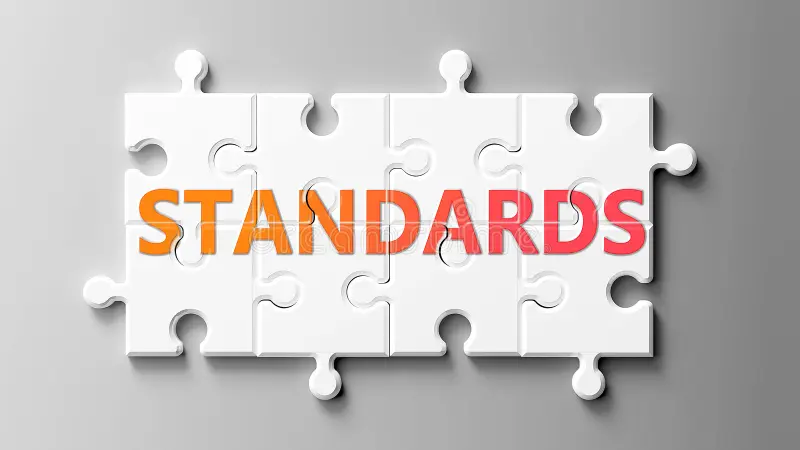Set Your Standards

As lawyers, we often hold ourselves to the highest standard when it comes to doing the job that we have promised our clients we will do. While we can achieve these goals the process of getting to the end is not always going to be perfect and it is unfair to hold ourselves to perfection. Expecting perfection can often lead to a worse outcome because nothing that we do will be good enough. Recognizing the presence of perfectionistic tendencies is the crucial first step toward understanding and addressing them. (“The Perfectionist’s Trap”)
In order to challenge cognitive distortions we need to have mindful awareness of our situation. There are key tells that we can use to identify cognitive distortions including all-or-nothing thinking, catastrophizing, mental filtering, and labeling.
All-or-nothing thinking
This distortion encourages us to view situations in extremes, such as believing that something is either perfect or a total failure. (“The Perfectionist’s Trap”) There is no room for middle ground and there is only a key success or absolute failure with this line of thinking. Having this sort of mindset can lead to stress, frustration, and anxiety which will hinder our ability to help our clients. It is important to embrace imperfection as nothing we do will be perfect and there will be bumps in the road in our journey to help clients. Embracing that we sometimes will not have a perfect success will lead to having a healthier mental state and mindset. One way to tackle this cognitive distortion is through replacing absolutes. When we replace absolutes we take this black-and-white way of thinking and make it more grey as there are often no absolutes in problem solving.
Catastrophizing
Catastrophizing exaggerates how bad the situation will be, even when there is little evidence to support it. (“The Perfectionist’s Trap”) This mindset will have us believe that a small hiccup is an actual disaster where we can not handle these problems with a clear mind. With these kinds of thoughts our stress and anxiety will increase leading to not being able to be productive. Catastrophizing distorts reality, and when we can recognize that we are catastrophizing we can put our thoughts on trial. Ask yourself, “Are there facts that will backup my thought process?” Doing this will allow us to reframe our thoughts and come to a more realistic conclusion.
Mental Filtering
Mental filtering focuses exclusively on negative aspects while ignoring positive achievements. (“The Perfectionist’s Trap”) Having this distortion will lead to feelings of being a failure when that is not the case. This pattern of thinking can lead to self-esteem issues and lower our overall mental well being.. We can battle mental filtering by reframing our thoughts. Instead of only focusing on the negatives of our situations we can look at the bigger picture and see everything for how it is. While the situation might not be perfect, we have to remember the positives and find a healthy way to move forward.
Labeling
Labeling is where we define ourselves or others by a single event or characteristic. (“The Perfectionist’s Trap”) This line of thinking is harmful as we are coming to a simplistic conclusion in complex situations. Labeling will lead to feelings of self-doubt and can put a strain on our relationships. We need to recognize when we are labeling in order to consider alternate perspectives or “even asking a trusted colleague” (The Perfectionist’s Trap) to get their perspective. When we do consider alternate perspectives we can come to a better, more thought out conclusion which will increase our mental state.
For more information and tips on setting standards, email me at [email protected] or call me at (281) 694-5897 for a complimentary 30-minute consultation.
Citation:
“The Perfectionist’s Trap: How Cognitive Distortions Fuel Unrealistic Standards.” Colorado Legal Regulation, www.coloradolegalregulation.com/articles/the-perfectionists-trap-how-cognitive-distortions-fuel-unrealistic-standards/.
